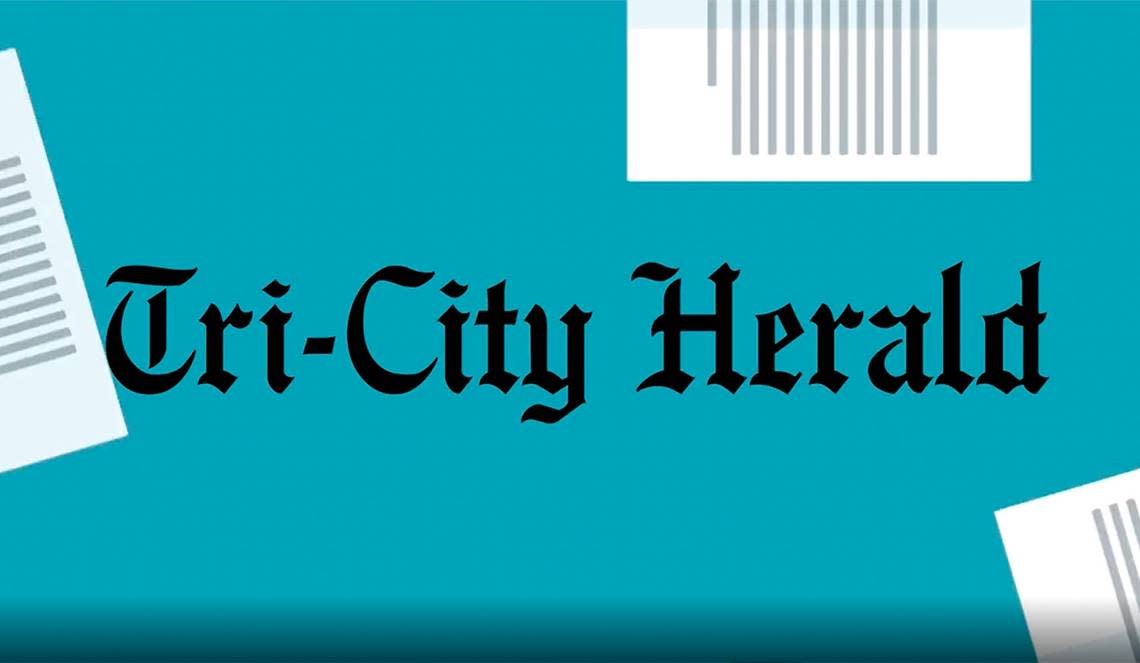There’s a way to protect trade and reduce carbon emissions, and other Herald letters | Opinion

Addressing global carbon emissions
Much of the resistance I hear to effective U.S. action on climate change is based on the legitimate concern that effective U.S. action would give China an advantage in international trade, since China relies more heavily on coal for energy. If, for example, the U.S. was to put a price on the carbon content of fossil fuel but China did not, the U.S. would risk losing steel production to China. Global carbon emissions would not decrease; they would simply move to China.
A Carbon Border Adjustment Mechanism (CBAM) would address this problem. By putting tariffs on imports from countries with more carbon-intensive products, a CBAM would drive countries with carbon-intensive economies to decarbonize their products. As the world’s largest economy, we have leverage.
A U.S. CBAM already has bipartisan support in Congress, as the European Union is currently implementing a CBAM that will impose tariffs on U.S. products that are more carbon-intensive than EU products.
Let’s pass a CBAM with a price on carbon that gives the revenue to the people, and collect carbon tariffs from China. Preserving our climate is too important to avoid our responsibility when we have a way to hold others responsible too.
Steve Ghan, Richland
No one should be bullied
LGBTQIA+ is an acronym for lesbian, gay, bisexual, transgender, queer/questioning, intersex, & asexual. The plus indicates other identities that are not mentioned above. Pride month in June is dedicated to bringing awareness to the issues facing the LGBTQIA+ community as well as celebrating and providing support to its members. These terms are used to describe a person’s sexual orientation or gender identity. It is important to recognize that sexual violence can affect people from all backgrounds.
According to the Centers for Disease Control and Prevention (CDC), individuals who identify as part of the LGBTQIA+ communities experience sexual violence at similar or higher rate than straight individuals. Various studies have shown that LGBTQIA+ individuals are more likely to be bullied, ostracized, and are vulnerable to human trafficking. LGBTQIA+ individuals face higher rates of poverty, stigma, and marginalization, which puts them at greater risk for sexual violence.
The Support, Advocacy & Resource Center (SARC) is a non-profit community- based agency that helps anyone who has been impacted by a crime.
All of SARC services are free and confidential. SARC also has a crisis line that is available 24/7. If you need to talk to someone, please call SARC at (509) 374-5391.
Nuur Khuranna, Richland
Horse Heavens have changed little
Regarding the article in the May 18 Tri-City Herald, no shrub steppe has been removed in the Horse Heaven Hills in more than 40 years. Thousands of acres have been torn out for grape vineyards and housing, Red Mountain, Badger Mountain, Candy Mountain, Goose Gap and South Kennewick. The hawk population started dropping in the mid-1950s, when gulls were introduced to the area. Swarms of gulls fly close to the ground, getting food before the hawks can get it and also eating baby hawks and eggs before they hatch. Maybe we should look at our own backyard before pointing fingers at our neighbors.
Carl C. Moore, Prosser
Letters Policy
The Tri-City Herald welcomes letters up to 200 words and the best way to submit them is through our website. The Herald reserves the right to edit letters for clarity and length, and letter writers are limited to one letter published every 30 days. Letters for the August primary must be received by July 25.

